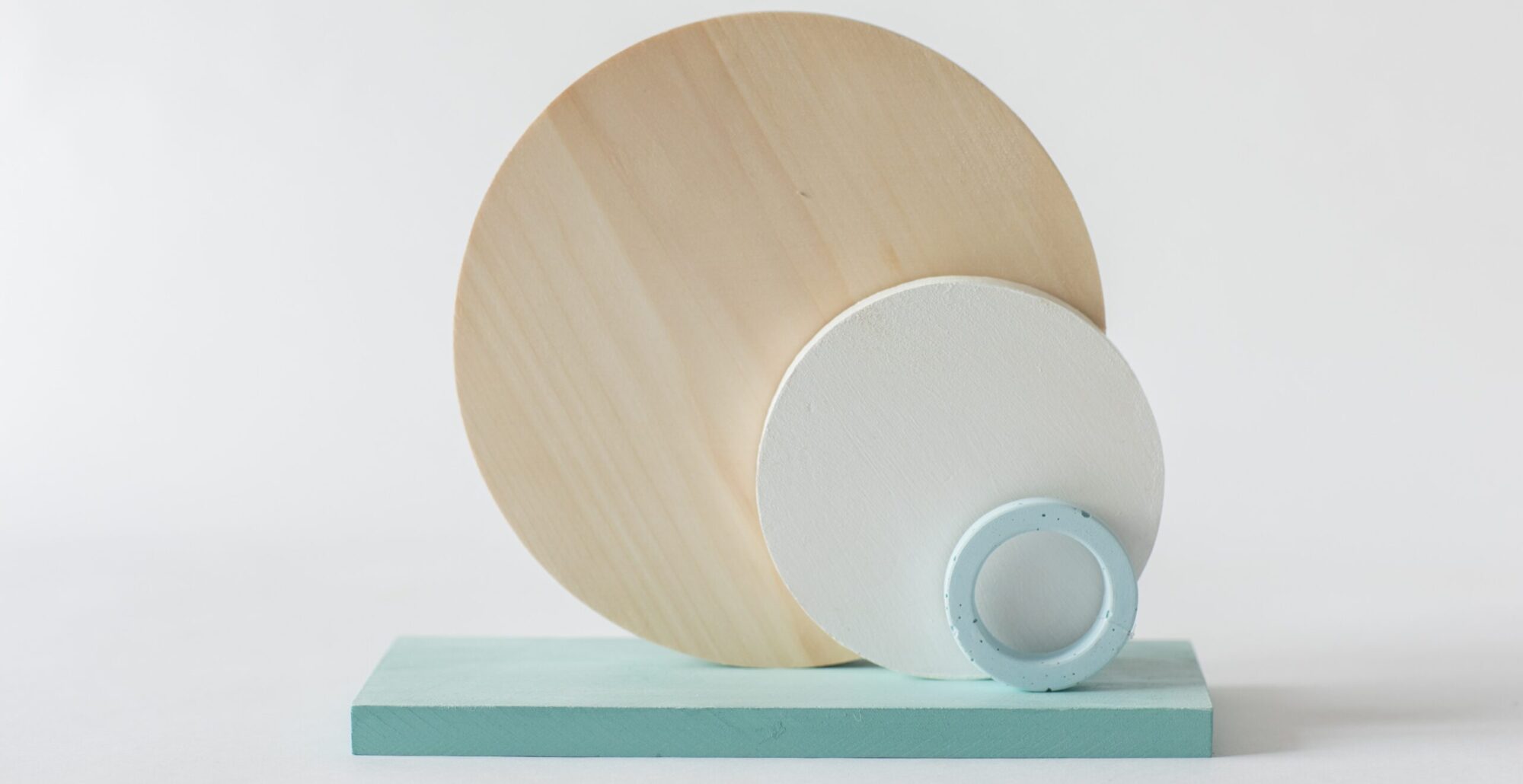
You are turning mid forties. Income is getting better as you approach almost twenty years of working. You manage to pay up the remaining loan on your mortgage. Finally, you fully own your first home. The kids are getting bigger and you are thinking that you may need to get a bigger space to live in. Should you trade up your current property to get a larger property or should you buy another smaller property and use it to generate rental income?
Came across two families recently with the scenario above. Both families decided that they should trade up and buy a larger property. The larger property costed more than twice the price they sold their first property for. Basically, they were getting into debt again, after taking almost 20 years to clear the mortgage of their older property. They figured why not since they were making better money at work.
Unfortunately, soon, these two families got into some trouble. With higher salary came higher responsibilities and more stress at work. At their forties, they were constantly pressured by younger colleagues who were more productive and paid less than them. If the economy were to go south, they knew that they would be the first to be lay off as they cost more to the company. Their health started to suffer with higher stress levels yet they felt trapped. They couldn’t resign and take a break or change their career with the prospect of a pay cut as they had monthly mortgage to take care of. The floating rate that the mortgage was based on was also increasing, which meant the monthly mortgage payment was also going up. It is certainly not a good position to be in.
Mathematically, lets work out the problems faced by the two families. Assuming that this is in the context of Singapore where property prices are high and lets assume that the family sold their first property for $1 mil and bought the larger property at $2 mil. The family took a 20 year loan for $1 mil with an interest rate of 3.5% and the monthly payment works out to $5,800. The combined income for the family is $16,000 per month (median family income in Singapore is $10,000). With both the husband and wife working, they are comfortable with the monthly mortgage payment. If one of them does not work (assume that they are paid equally), the family will be hard pressed every month surviving with a $8,000 income and a $5,800 mortgage. Therefore, unless they are very certain that their jobs are stable (for the next 20 years) or they can continue to see their income rising, trading up to a larger property at their age presents a higher risk.
So what should the families do instead? If they could turn back the clock, one alternative is to continue staying in their first property and invest in a rental property. The rental can help them in their monthly cashflow to cover a part of their mortgage payment. The difference between this model and getting a larger property is that the property that one lives in does not help to generate any income. Over time, this rental income is substantial.
Mathematically, lets assume that they invest in a rental property and take the same 20 years loan for $1 mil with the interest rate of 3.5% and managed to rent out their property at $4,000 per month. Right now, their monthly cash flow for their rental property is -$1,800 ($4,000 – $5,800). If one of the couple chooses not to work or take a sabbatical, they will not be so hard pressed as they can still survive with $8,000 per month. Therefore, although the family is going into debt again, it may turn up to be a worthwhile investment if they are good property investors. We covered some of these discussion in another blog – Good Debt vs Bad Debt. Once the rental property is fully paid for, the rental can function as their retirement income.
Of course, there is one more alternative if the families chooses not to upgrade to a larger property or buy another rental property. They can choose to invest their monthly savings and not get into additional debt. They can buy income generating instruments like REITs (read REITs vs Physical Rental Property) or Mutual Funds (read How to start investing), build up their INVESTMENT “O” and start to enjoy some retirement income without getting introducing additional stress in their lives.
Buying a larger or more luxurious dwelling is emotional. There are definitely arguments on why this is more beneficial. However in keeping up with the Joneses, please do take note that getting a mortgage loan is a long term commitment. If the two families are forced to sell their larger properties and move to smaller properties due to cash flow issues, they may be forced to sell at a time when the property market is down. There are also inherent cost like renovation, agent commission and government stamp duties that may be hard to recover.
TRI-O RETIREMENT PLAN is a simple way to help you get started on your retirement planning. Learn the FUNDAMENTALS and HOW TO GET STARTED. There is also a spreadsheet to help you CALCULATE your monthly savings and your project monthly income at retirement. You can check out our BLOGS on topics pertaining to retirement planning. Feel free to CONTACT US if you have any questions or comments.
